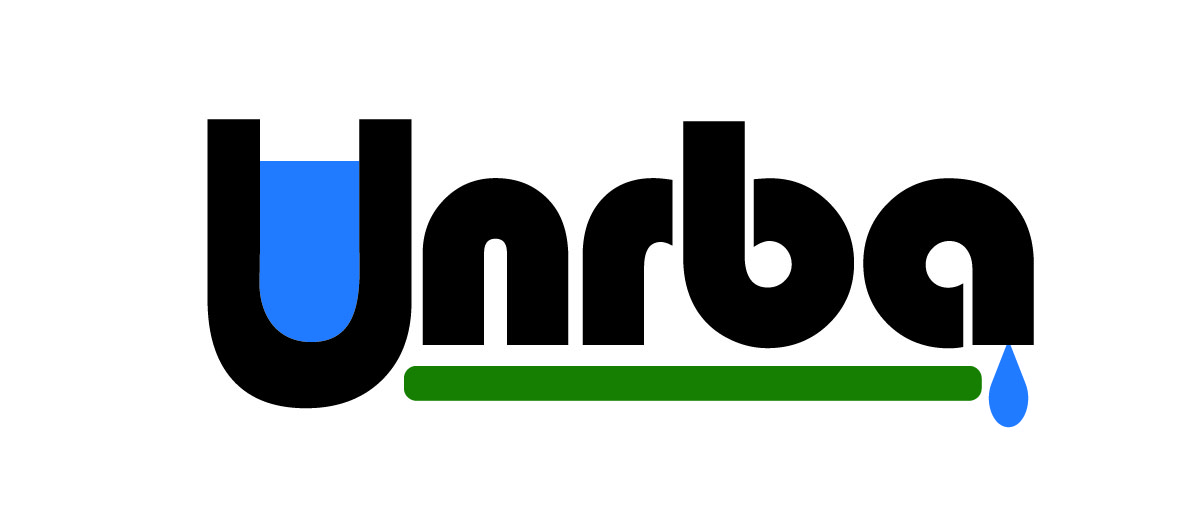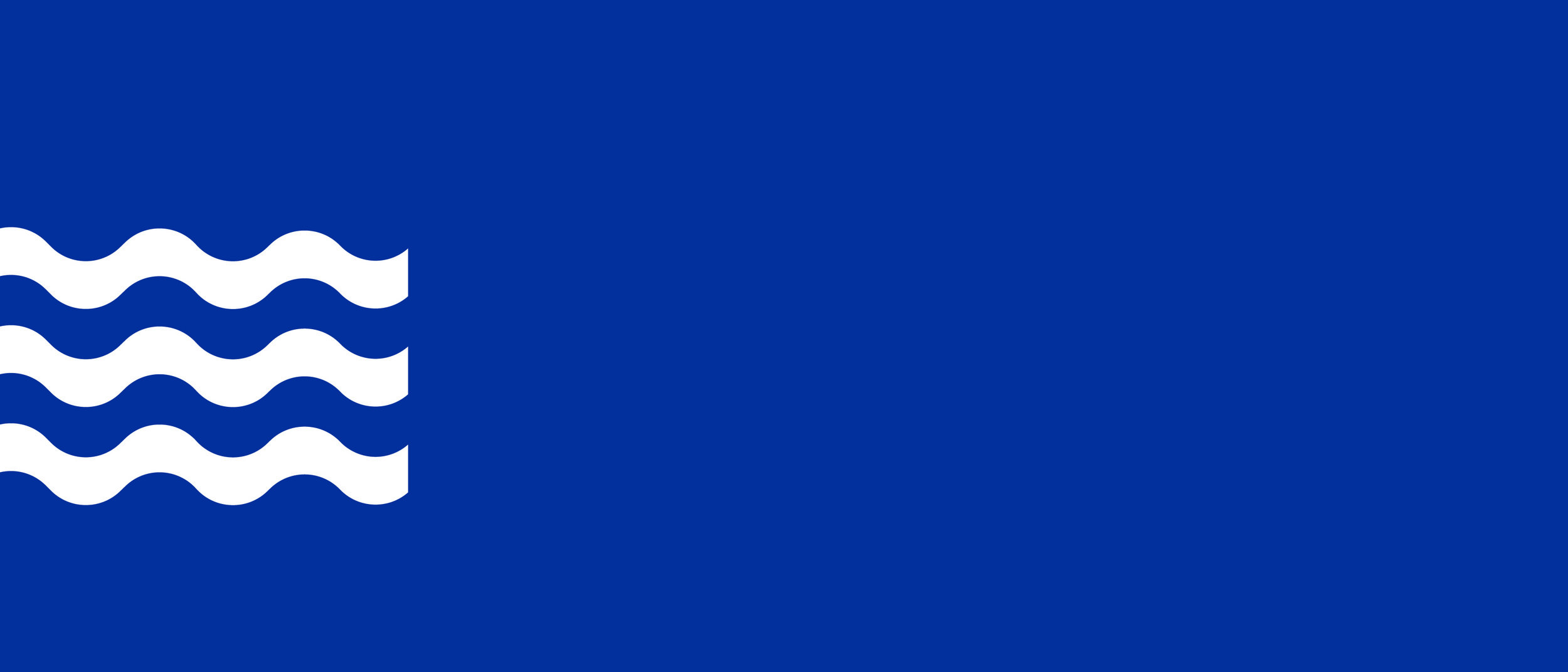The Upper Neuse River Basin Association (UNRBA) has helped its members to identify and apply innovative, cost-effective principles of watershed management since 1996.
Since 2011, we have focused on finding more productive ways to protect and improve the quality of the water in Falls Lake by controlling the amount of nitrogen and phosphorous that flow into it.
Through significant effort, our members have already made progress to maintain and improve water quality in the basin.
In pursuit of Stage I nutrient reduction goals, our local government members invested in nutrient-reducing retrofits to their wastewater treatment plants. As a result, the facilities reduced the amount of nitrogen and phosphorous they release to Falls Lake by at least 20 percent and 40 percent, respectively.
In 2012, local governments across the watershed implemented requirements to prevent new development from allowing the amount of nitrogen and phosphorus that flow off their sites to increase.
The regulations have been successful. In some cases, nutrient loading has even dropped below the pre-development levels.
Collective efforts have successfully protected Falls Lake as a source of drinking water. Evidence suggests that water quality has improved in the lower lake at and around the City of Raleigh’s water intake facility.
Through our members’ support, we invested more than $3 million over a 51-month period in robust water quality monitoring and special studies. The data we now have will allow us to produce sophisticated decision-support tools to evaluate and compare different options for building a more successful nutrient management strategy.





